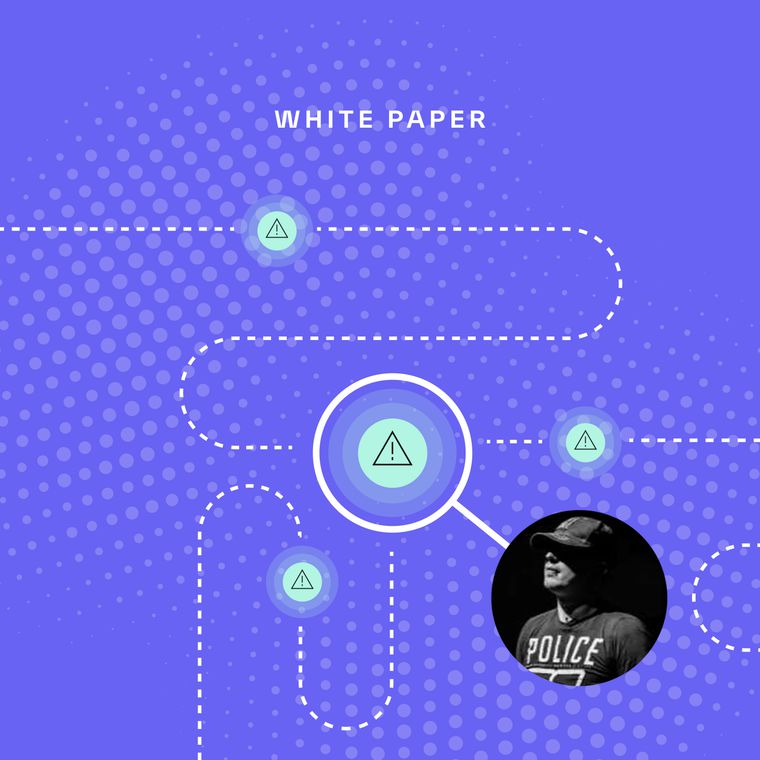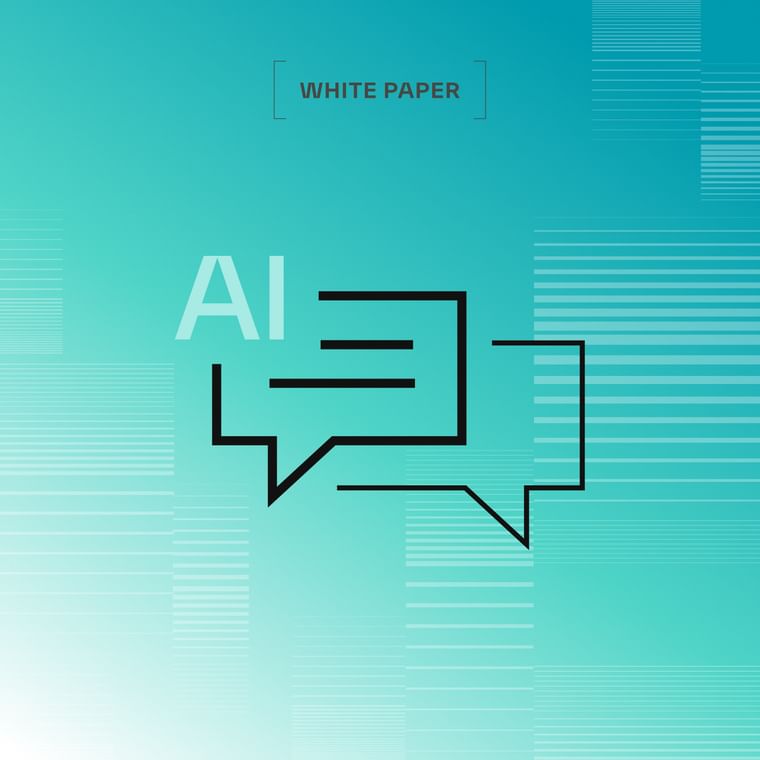AI Ethics
AI ethics encompass the principles and guidelines that govern the responsible development, deployment, and use of artificial intelligence. They ensure AI systems operate in a fair, transparent, and accountable manner while minimizing bias and adhering to legal and ethical standards.
What is AI Ethics?
AI ethics refers to the moral and regulatory considerations surrounding artificial intelligence. They address concerns related to privacy, bias, explainability, and security, ensuring that AI technologies enhance human well-being without causing harm. Ethical AI practices are essential in cybersecurity, where AI-driven models must make fair and accurate decisions while protecting sensitive data.
Key Principles of AI Ethics
Fairness & Bias Mitigation: Ensuring AI models do not discriminate based on race, gender, or other protected attributes.
Transparency & Explainability: Making AI decisions interpretable to humans, reducing reliance on "black box" models.
Accountability & Governance: Establishing oversight frameworks for AI deployment, ensuring responsible use.
Privacy & Security: Protecting sensitive information from misuse and unauthorized access.
Human Oversight: Maintaining a balance between AI automation and human decision-making to prevent ethical pitfalls.
How Do AI Ethics Apply to Cybersecurity?
AI-powered security tools must adhere to ethical standards to maintain trust and effectiveness. Key applications include:
Bias-Free Threat Detection: Preventing AI models from disproportionately flagging specific user behaviors as threats.
Explainable AI in Security Decisions: Providing security teams with clear reasons behind AI-driven threat assessments.
Responsible Use of AI in Automation: Ensuring AI-driven security responses, such as automated phishing prevention, do not result in unintended consequences.
Challenges in AI Ethics
Despite its importance, AI ethics faces several challenges:
Data Bias: AI models learn from historical data, which may contain biases that skew security decisions.
Lack of Standardized Regulations: Varying global policies make it difficult to enforce consistent ethical AI practices.
Balancing Security & Privacy: AI in cybersecurity must analyze vast amounts of data while respecting user privacy laws.
AI Ethics in Abnormal Security's Approach
At Abnormal Security, AI ethics is embedded in our AI-driven cybersecurity solutions:
Behavioral AI with Fairness Controls: Our models detect threats without bias by analyzing normal user behavior rather than arbitrary attributes.
Explainable AI for Threat Analysis: Security teams receive clear insights into why an email was flagged as a threat.
Compliance with Global Privacy Standards: AI-driven security solutions align with GDPR, CCPA, and other data protection laws.
Related Resources
AI ethics are fundamental to building trust in AI-powered security solutions. By prioritizing fairness, transparency, and accountability, AI can enhance cybersecurity while upholding ethical standards.
FAQs
- How does AI ethics prevent bias in security tools?
By incorporating fairness checks and diverse training datasets, AI models can reduce discriminatory outcomes in threat detection. - Can AI be fully transparent in cybersecurity?
While complete transparency is challenging, explainable AI techniques provide insights into security decisions, enhancing trust. - Is AI ethics legally required in cybersecurity?
Many regulations, such as GDPR and CCPA, enforce ethical AI principles to protect user privacy and prevent misuse.


